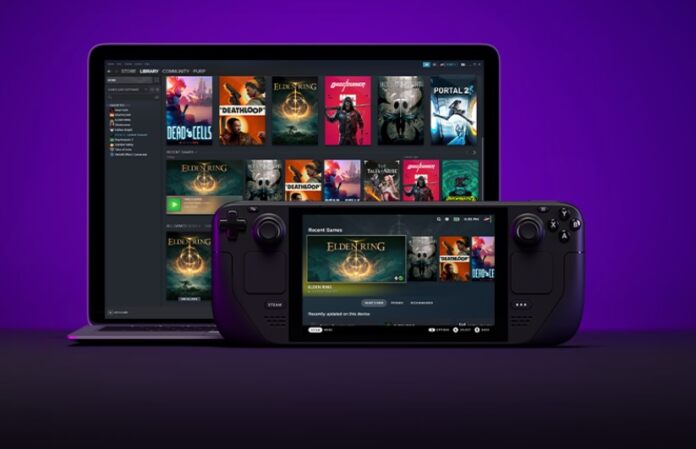Steam Deck is a handheld gaming console that from Steam developer Valve in collaboration with Advanced Micro Devices. It provides access to the Steam game platform and runs on SteamOS 3.0, a modified Arch Linux distro created by Valve. However, the company is now adding Windows drivers, allowing users to choose to run Microsoft's platform.
While Steam Deck is clearly a gaming device, Valve has gone to great lengths to say it is a portable PC and not a handheld console. Adding support for Windows drivers emphasizes Valve's point, effectively allowing users to choose which OS to use.
However, there are some caveats to consider. Firstly, Steam Deck Windows support is currently only available on Windows 10 and not Windows 11. Valve says that situation will change in the near future:
“We are preparing a BIOS update that enables fTPM, which is required to install Windows 11.”
At the moment, Bluetooth, WiFi, and GPU drivers are available for Windows. To help users make the switch, Valve has published the Steam Deck – Windows Resources page here.
Details
Other compromises include the inability to dual-boost between SteamOS and Windows. Valve says it is still developing this feature and it will arrive in the future. There are also obviously Windows drivers missing too, such as audio drivers. That means no audio on Steam Deck when running Windows 10 through the speakers, although you can use a Bluetooth/USB audio option.
Last month, Valve revealed it would be happy to work with Microsoft to bring Xbox Game Pass games to Steam. Despite Valve extending an olive branch, Microsoft has so far shown no desire to bring Game Pass to Steam. Although, Xbox Game Studios titles are available on the platform.
Tip of the day: Is your system drive constantly full and you need to free up space regularly? Windows 10 Disk Cleanup in extended mode which goes far beyond the standard procedure. Our tutorial also shows you how to create a desktop shortcut to run this advanced method right from the desktop.






